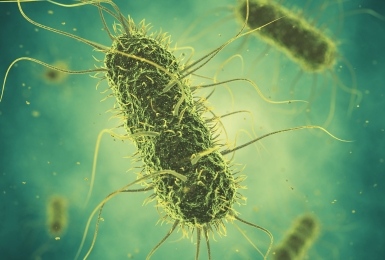Feed
Control Salmonella in feed is a critical step to ensure safe food
Salmonella can be easily introduced into the feed by contaminated ingredients, sub-optimal processing, and sub-hygienic transport, storage, distribution, and administration. Organic acid-based feed additives can improve feed hygiene and reduce the risk of recontamination.





